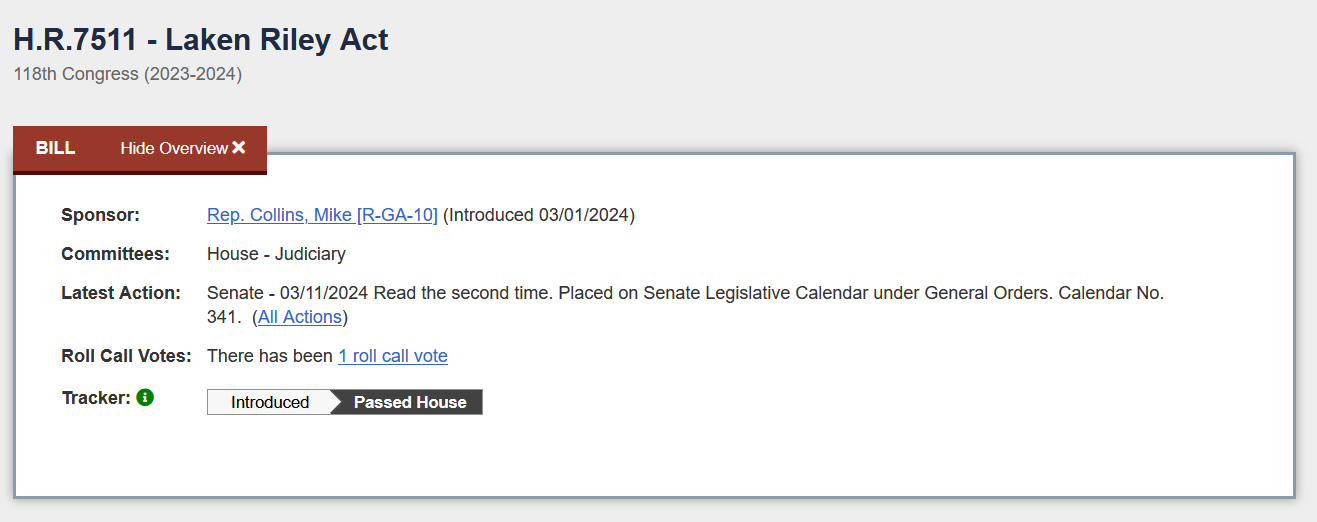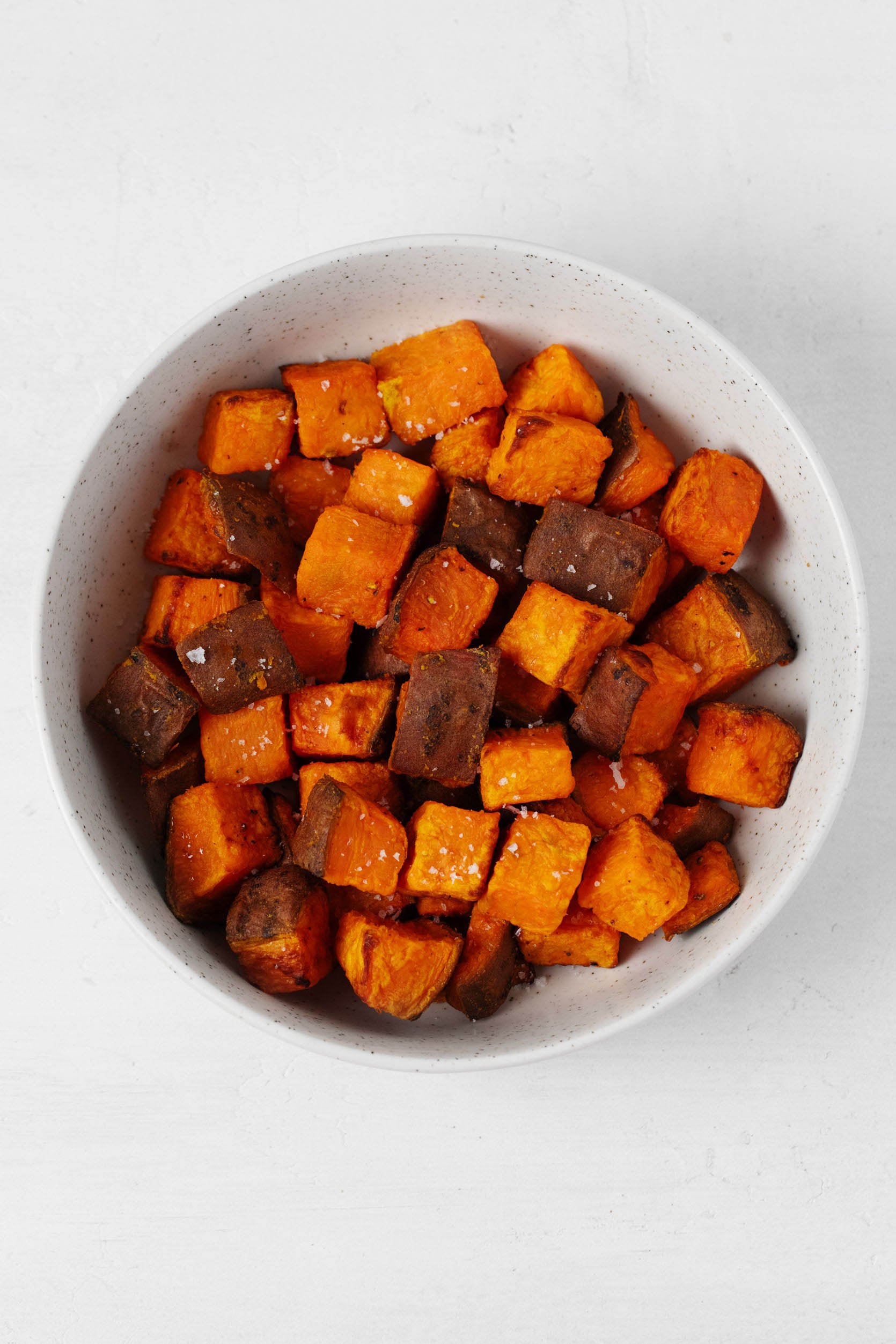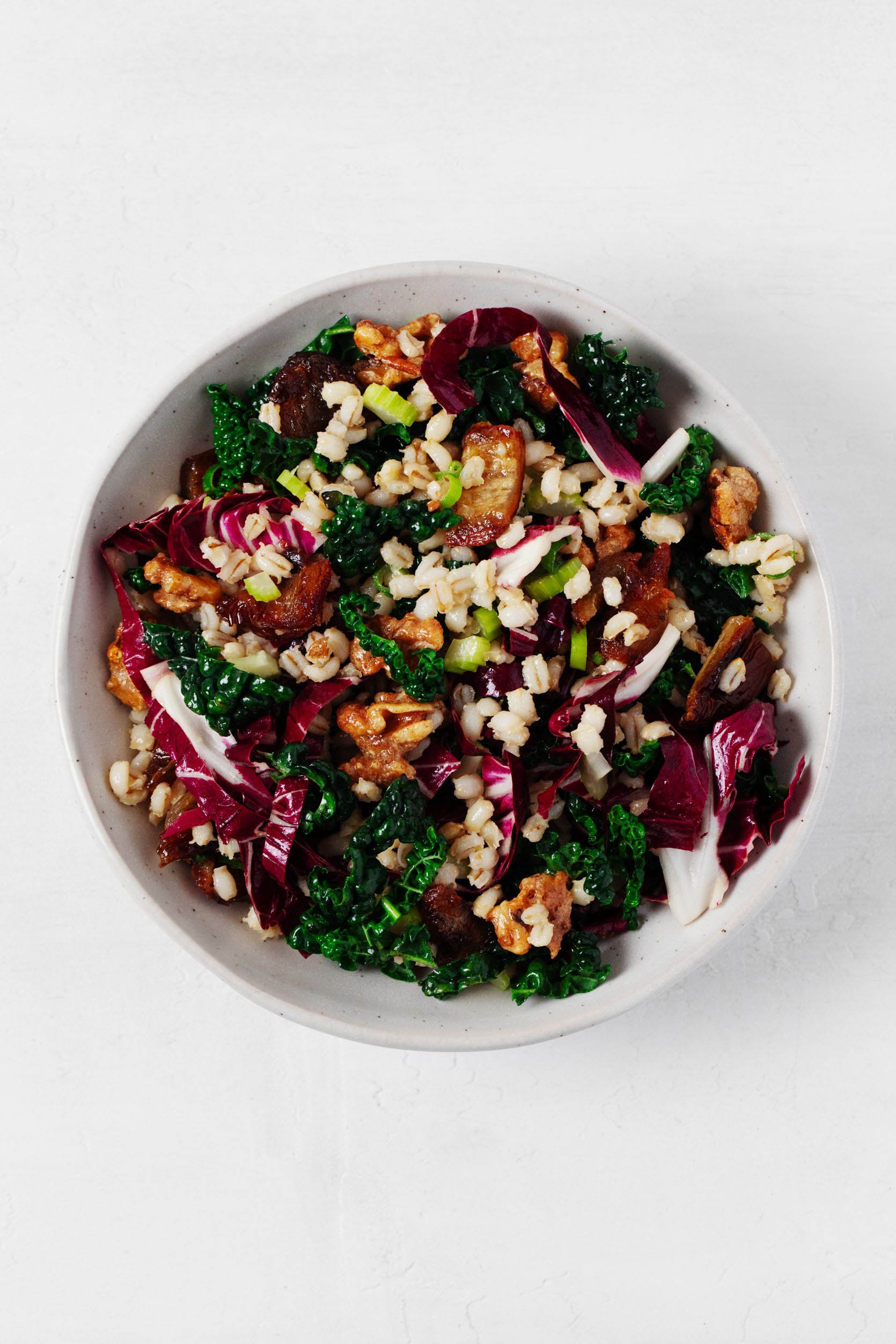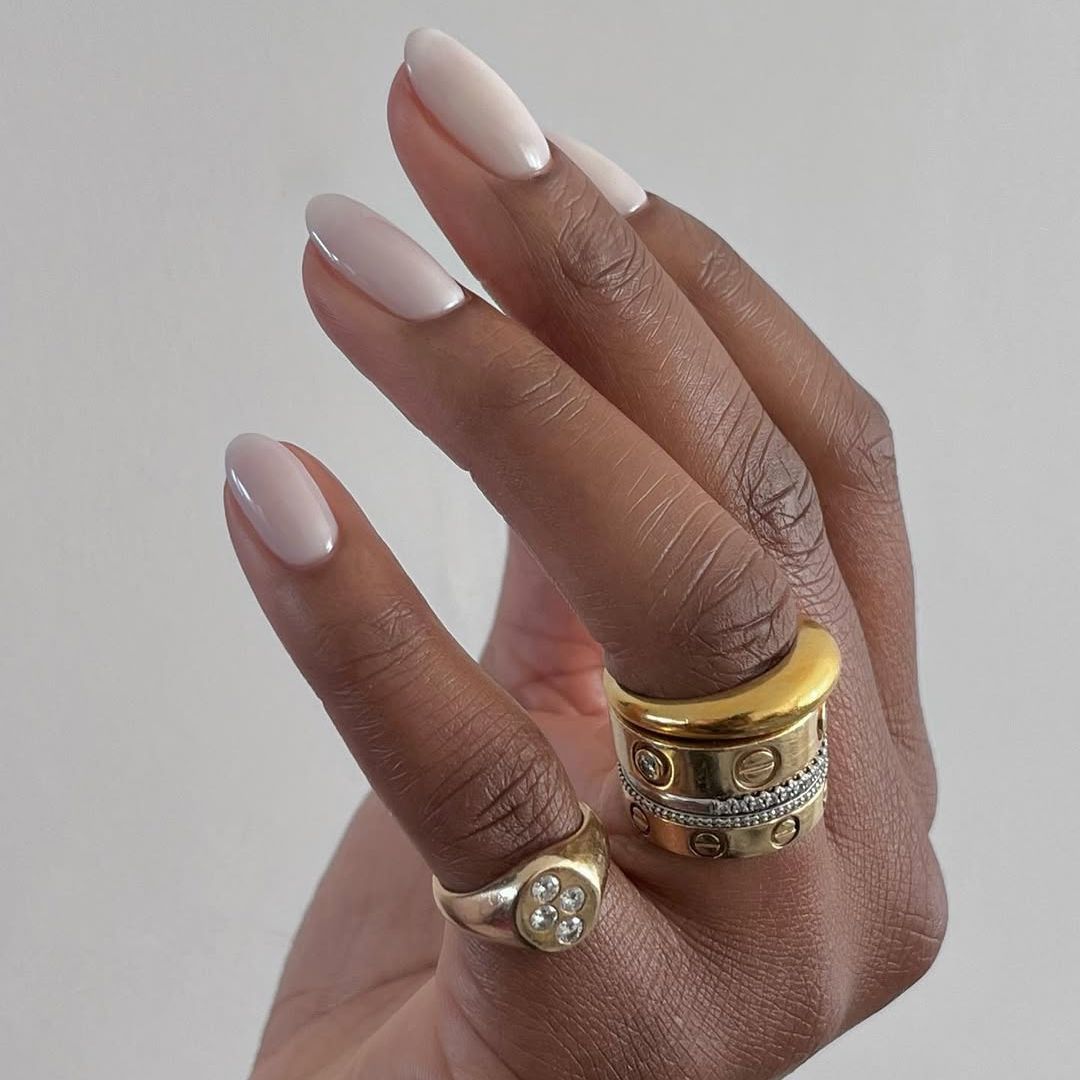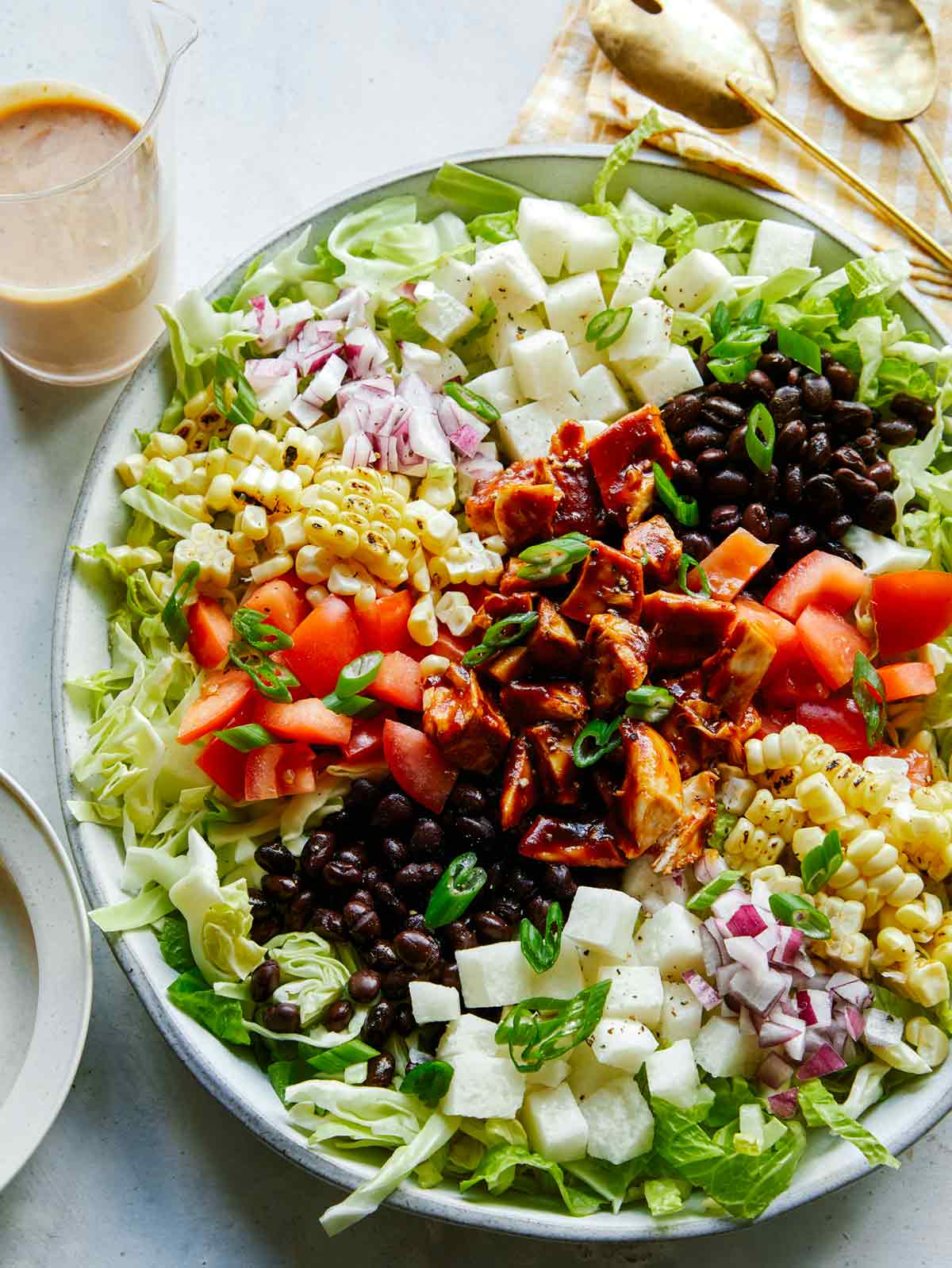Cookbooks and Criticism
I don’t recall why, but I decided to watch all of the films that were nominated for the Best Picture Oscar this year. I think I did this once before, years ago, and am learning the same lesson as I…

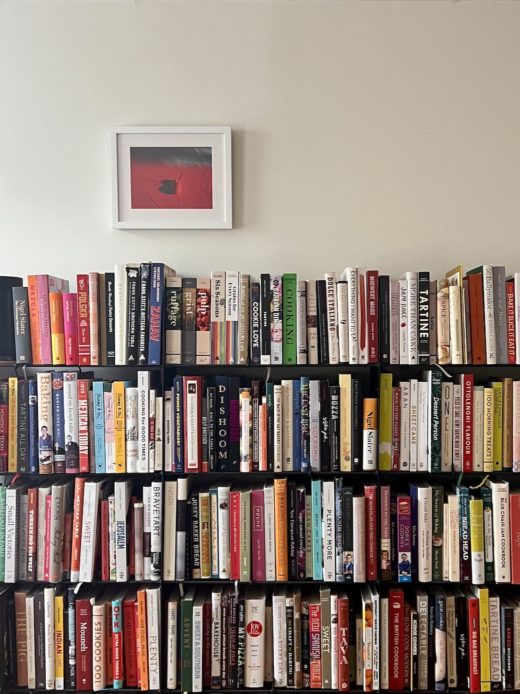
I don’t recall why, but I decided to watch all of the films that were nominated for the Best Picture Oscar this year. I think I did this once before, years ago, and am learning the same lesson as I did then—the films aren’t that good. With a couple of exceptions, I have found them mostly mediocre or actually bad. I’ve been posting flippant reviews of the movies as I watch them on Instagram for a laugh and a few people have messaged me to say that I don’t seem to like anything. Well, yeah.
What has surprised me about the tone of these comments (accusations?) is that they seem to come not from a place that is aware of how mediocre most cultural production is, but from a criticism of me as a spoil sport or unnecessarily critical or worse, mean. Which baffles me. Taste being subjective and all, we have all surely encountered a work of art that we think is really, really good. We know it is possible. So why would we ever settle for less? And to be clear, I am not talking about enjoyment here, I am talking about quality. I happily can enjoy (and do!) bad things all of the time. Two of my favorite tv shows are The Bachelorette and Midsommer Murders. They are indefensible, and I love them. If you tell me all of the reasons they are bad, I will agree with you but I won’t stop enjoying them. Just like I am not going to act like I think Past Lives is a good film because it is nominated for an Oscar. And how you can still enjoy Maestro and feel connected to it even though it is so very bad.
A thing I inevitably find myself doing after watching these films is going to the review site Rotten Tomatoes, clicking on “Top Critics”, and scrolling through the list of reviews looking for green splotches, which indicate a negative review. I have found they are rare with Oscar-nominated films. I enjoy reading the ones I find, even if we disagree on the reasons the film was bad, it is reassuring to read someone on my side of the line. But the scarcity of negative reviews does seem weird. (Though I am always impressed by how many professional (or semi-professional) film reviewers there are in the world.) This then makes me wonder about criticism in general. Its uses and limitations. And then occasionally I end up thinking about cookbooks.
Cookbooks, like all forms of cultural production, are mostly kind of bad. But unlike film, or literature, or even opera, they seem to exist within a culture of very strange universal praise because nobody really engages with cookbooks critically. They receive press. They appear on lists of the season’s best books compiled by editors who often have not read or cooked from them. They are posted about on Instagram by industry friends and colleagues of the author who got the book for free (#ad) and can’t wait to dive in to the book but probably never do. I might even be guilty of this! If the authors are very lucky (/have a good PR team) they get a spot on a morning or late-night television program. So it appears to the public as though everyone agrees they are good and have been vetted by experts. When the reality is that most cookbooks are not very good and very few people actually read them or cook from them, especially industry experts.
I suppose you could argue that you can find reviews on Amazon or Goodreads. But I don’t think many of us take those kinds of online reviews very seriously these days. It is hard to know if the authors know what they’re talking about or if they thought Past Lives was a great film. There are the James Beard awards, but just look at the Oscar nominees for proof that industry awards are generally suspect and reflect something more than the best products of the industry. Judging of the James Beards, (like all awards) seems to lack transparency and rigor. And don’t forget authors have to pay to even be considered for an award.
Years ago Food52 had a cookbook competition, The Piglet Tournament of Cookbooks, in which a handful of cookbooks entered into a bracketed competition pitting book against book until a winner was crowned. They were judged by a bunch of industry and non-industry folks. I liked the idea of this a lot, and there were some good pieces of critical writing that came from this series. But overall it was riddled with problems: a lack of transparency for how books were chosen to be included, judges who took their tasks more or less seriously, an inclusion of random celebrities who lacked any understanding of cookbooks or even cooking. But mostly there was an unwillingness to be very critical. The majority of the reviews could be summarized as “both books were great but if I had to pick one…”. It lacked teeth. And The Piglet ended in 2020.
This general lack of criticism creates a strange feeling void around cookbooks. It is disappointing to encounter a cookbook you really hate and have nothing to do with that energy. No space for commiseration or shared outrage, no green splotches. It can make me feel inappropriate for having such strong feelings about cookbooks. It’s just a cookbook is what the cultural response can feel like.
But what does it say that we don’t want to be critical of a particular genre? What does it say about those authors and how we view them? I don’t think being critical of things is being mean. I think to be critical of something is to take it seriously. And I am concerned by how unseriously we seem to take cookbooks. Because, though they may be rare, there are great cookbooks out there. And they are often treated exactly the same as every other cookbook.




















 - PoC Released.webp?#)









_full.jpg)













